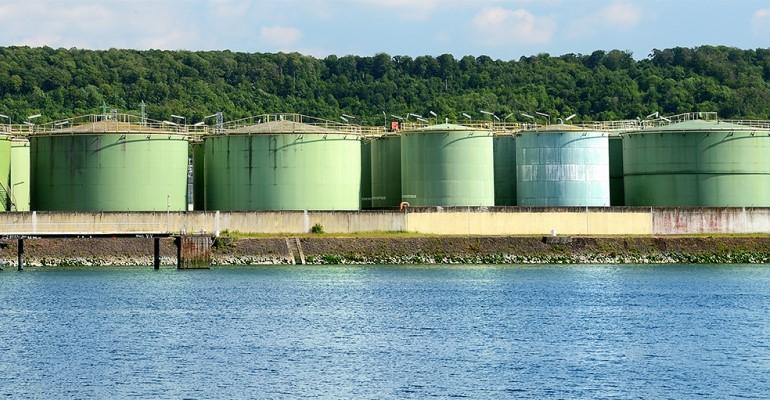The report “Biofuels in Shipping” covers the current state of biofuel production, considerations for using biofuels on vessels, the regulatory status of biofuels, the potential for the fuel type and an outlook for biofuel production.
Short-term production constraints currently limit the adoption of biofuels, according to the report, and in the longer-term shipping may face challenges in securing biofuels as demand from other industries increases.
Extrapolating from bunkering of biofuel blends in Singapore and Rotterdam, DNV estimates that biofuels current account for around 0.1% of maritime energy consumption.
The potential production of advanced biofuels is limited by the supply of feedstocks such as used cooking oil and municipal waste; combined with other restrictions, DNV estimated biofuel production from the theoretical potential, down through the technical potential, economical potential, and sustainable potential.
“We estimate that the global sustainable and economical biofuel potential lies between 400 – 600 Mtoe (million tonnes of oil equivalent) per year in 2030, after converting biomass to biofuel assuming a 50% conversion efficiency. This could grow to 500 – 1,300 Mtoe per year in 2050,” said the report.
DNV noted that its estimates were lower than those seen in other reports due to the report applying sustainability requirements in line with the EU Renewable Energy Directive II (RED II).
Combining two extreme scenarios – where shipping maximises the use of biofuels and biofuel use across other sectors is low – shipping could account for 50% of biofuel energy use by 2050, said the report.
The report noted that bio-methanol and bio-LNG are drop-in fuels, whereas biodiesel and other liquid fuels may require some modifications to the ship, depending on the feedstock used for fuel production; operational changes may also be necessary, for instance avoiding leaving certain fuels in tanks for too long as some biofuels degrade more quickly than their fossil-derived equivalents.
On the regulatory front, biofuels can impact CII ratings, emissions under the EU MRV and EU ETS regimes, and FuelEU Maritime, all depending on various approvals and certifications of each particular fuel.
The findings of the report underlined the prevailing expectation in the industry that the future will involve a multi-fuel approach. “Biofuels are unlikely to be the only solution to shipping’s goal of transitioning to zero GHG emissions in the future,” said the report.
Biofuels in Shipping can be downloaded from DNV’s website.
Copyright © 2024. All rights reserved. Seatrade, a trading name of Informa Markets (UK) Limited.
Add Seatrade Maritime News to your Google News feed.  |

